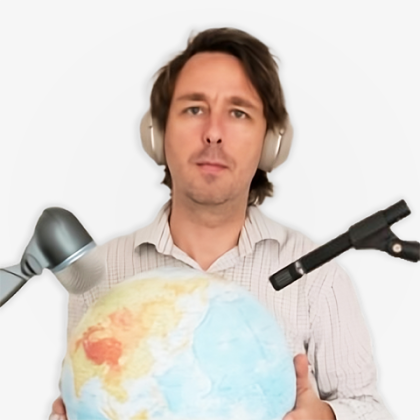Soundmain Blogにエマニュエル・デルティー研究員のインタビューが掲載

ソニーコンピュータサイエンス研究所(ソニーCSL)には極端な発想からの出発であったり、「逆張り」のチャレンジをよしとする文化があり、私自身もそのありかたに深く共感しています。研究者は、たとえ主流の傾向から逸脱し、結果として周縁化のリスクを負うことになっても、自分の分野の基本的な原則に疑問を投げかけるリスクを取らなければならないことがあると考えています。
私の専門は音楽です。現在、音楽に対する科学・学術コミュニティの認識は、再定義を必要としています。私たちがいまだに用いている概念は、18世紀西洋を起源とする枠組みに根ざしており、現代における多様な音楽言語を取りくんだり、技術革新がもたらす課題に対応するには充分ではありません。現代の音楽を理解しないままでは、より良い音楽の未来を想像することは難しいでしょう。
深層学習革命の中で、科学界は「音楽にとって望ましい成果」をうまく定義できずにいます。生成AIがもたらす課題は、工学的にも芸術的にも多岐にわたり、もっともらしい音楽を生成することはあくまで出発点にすぎません。それにもかかわらず、専門知識の大部分は技術開発の方向へ偏りがちです。テクノロジーはあくまで手段であって、目的ではありません。アートは、機械学習モデルのコンセプト実証(Proof of Concept)として消費されるだけのものではないのです。
Selected Publications
Deruty, Emmanuel, Maarten Grachten, Stefan Lattner, Javier Nistal, and Cyran Aouameur. "On the development and practice of AI technology for contemporary popular music production." Transactions of the International Society for Music Information Retrieval 5, no. 1 (2022): 35-50.
Soundmain Blogにエマニュエル・デルティー研究員のインタビューが掲載